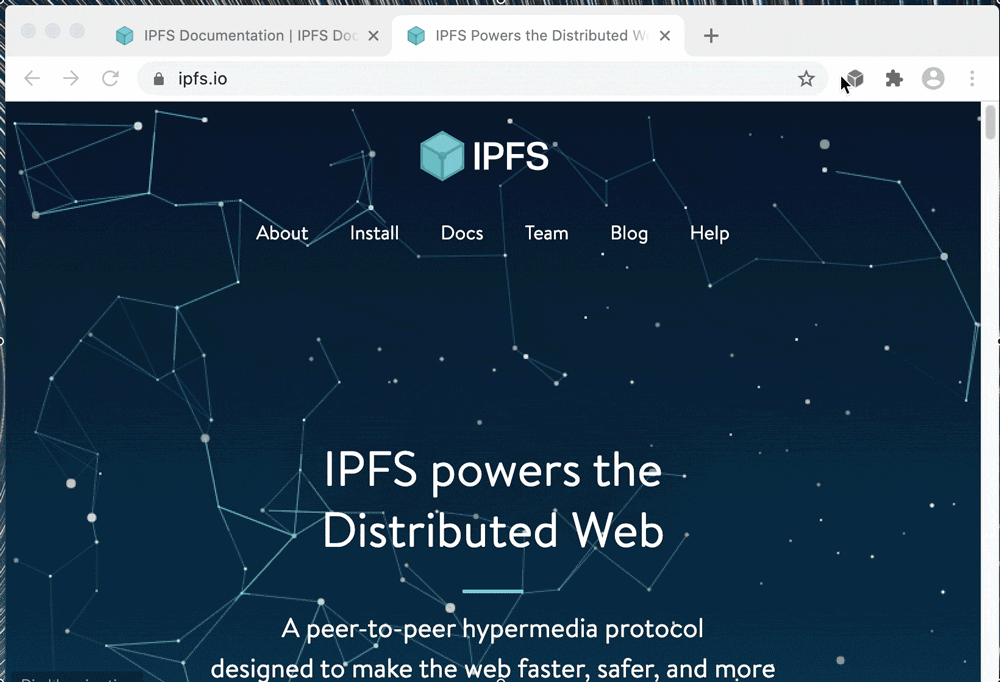

OVER a month ago we started seeing technical problems at Groklaw (which is still offline by the way) and that's why we started reproducing Bill Gates deposition videos, encoded as Ogg files for/by Groklaw more than a decade ago.
"We realise the concept may be baffling to people who grew up on BBS (centralised), dial-up modems, Netscape (HTTP) and never used things like newsgroups."The information published here needs to outlive this Web site (let's face it, no site lasts forever and the Web itself will perish sooner or later). So it's not a bad idea to distribute and decentralise this site, ensuring the same material can come from lots of different nodes all around the world. We realise the concept may be baffling to people who grew up on BBS (centralised), dial-up modems, Netscape (HTTP) and never used things like newsgroups. That's a lot of us who embraced the Internet and then the Web (which is too bloated 2 decades after it became commercially available to the private market outside universities, military and so on).
 At the moment we use IPFS (not gopher or SFTP or many other options; even GNU has one). We've received help from an IPFS expert, who assisted setup at our home, which now has one of many nodes (IPFS is growing faster than people realise). The technical details aren't too 'gory' or baffling to those who have used P2P applications since the 1990s (popularised by media file-sharing). As someone put it a couple of years ago: "In computers, communication protocols usually exist in bundles (called a protocol suite) of several layers. For example, the Internet protocol suite consists of 4 layers, each of which is responsible for specific functions. In addition to communication protocols, an important relationship to understand is the basic structure of the interconnections between the computers. This is known as the system architecture. Several exist, but the two types relevant to us are client-server and peer-to-peer networks. The internet is dominated by client-server relationships, which rely on the Internet Protocol suite. Of these, Hypertext Transfer Protocol (HTTP) is the basis for communication."
At the moment we use IPFS (not gopher or SFTP or many other options; even GNU has one). We've received help from an IPFS expert, who assisted setup at our home, which now has one of many nodes (IPFS is growing faster than people realise). The technical details aren't too 'gory' or baffling to those who have used P2P applications since the 1990s (popularised by media file-sharing). As someone put it a couple of years ago: "In computers, communication protocols usually exist in bundles (called a protocol suite) of several layers. For example, the Internet protocol suite consists of 4 layers, each of which is responsible for specific functions. In addition to communication protocols, an important relationship to understand is the basic structure of the interconnections between the computers. This is known as the system architecture. Several exist, but the two types relevant to us are client-server and peer-to-peer networks. The internet is dominated by client-server relationships, which rely on the Internet Protocol suite. Of these, Hypertext Transfer Protocol (HTTP) is the basis for communication."
That's in rather simple terms. Here's another somewhat older explanation:
Redundancy is central to digital preservation. When only one copy exists, it’s easy to destroy it. Backups and mirrors help, and the more copies there are, the safer the content is. The InterPlanetary File System (IPFS) is a recent technology that could be tremendously valuable in creating distributed archives. [...] IPFS is based on a radical vision. Its supporters say that HTTP is broken and needs a replacement. What they mean is that location-based addressing by URLs makes the Web fragile. If a server loses a file, you get a 404 error. If the serving domain goes away, you don’t get any HTTP response. IPFS ensures the persistent availability of files by allowing multiple copies on nodes of a peer network. The trick is that they’re addressed by content, not name. An IPFS identifier uses a hash of the content. This protects against file tampering and degradation at the same time; it also means that objects are immutable.